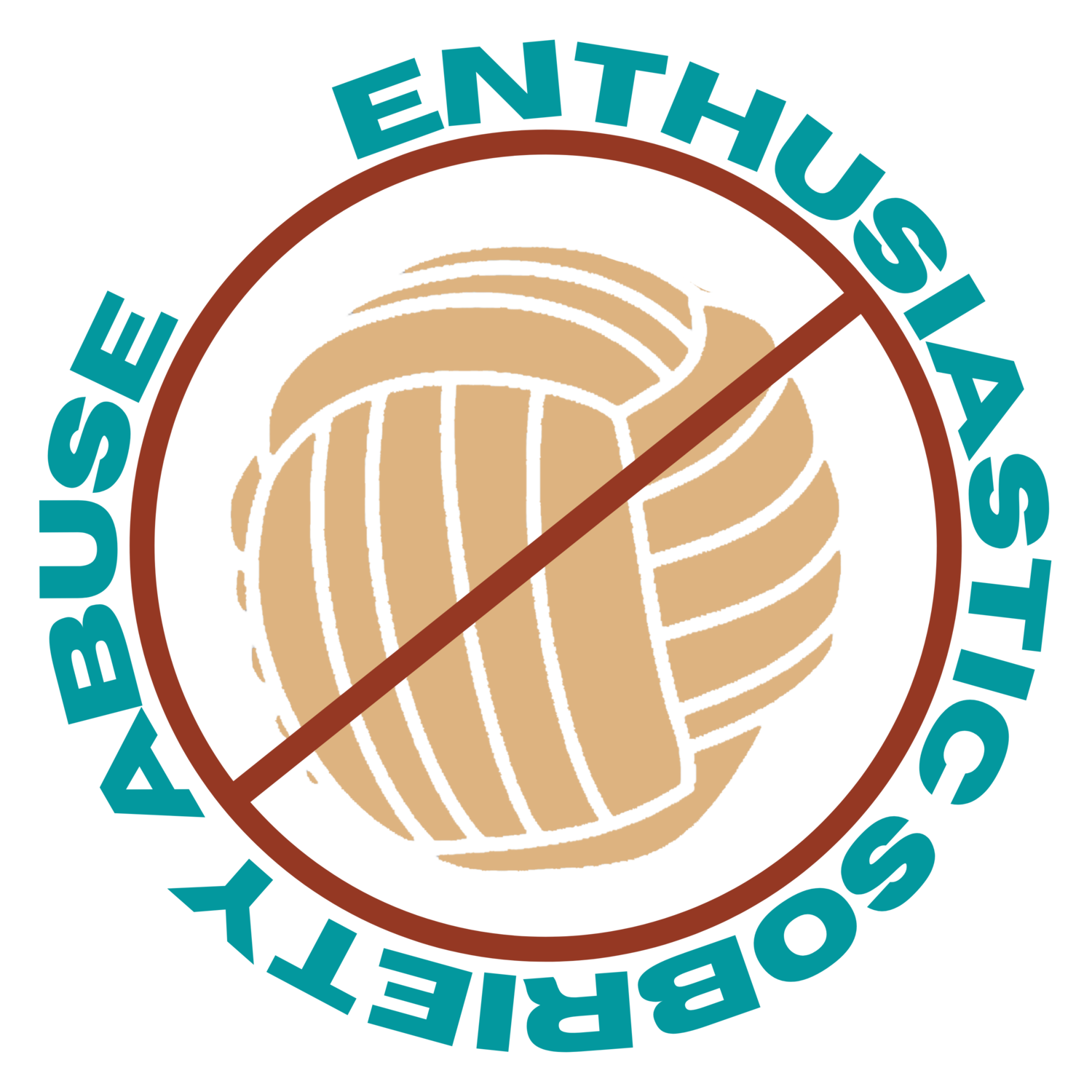Rosy Tint of Nostalgia
The Crossroads Program Survivor Story
I long considered my involvement in the Group to have been more personally beneficial than detrimental. On the occasions that I thought back on my time in Crossroads, which became more and more seldom over time, it was almost always with the rosy tint of nostalgia.
I would think about the freeze outs (getting down to just underwear in a car with the windows rolled down in the dead of winter while finding out exactly how loud that car’s speakers could play Metallica); I would think about the fear missions (and how they always ended with someone groaning in disappointment); I would think about the epic firework wars that caused injuries both hilarious and severe; I would think about road warriors (driving in caravans on road trips while throwing mustard packets at your friends’ cars – and that this game likely involved the best use of a Ricky Martin CD that I could ever imagine); I would think about cliff jumping after wedging/driving to Colorado and watching this girl I had a crush on go first; and, I would think about feeling like I had a place that I fit in.
Since leaving, however, I’ve discovered that my experience was not necessarily typical. My parents did not shell out thousands of dollars for treatment. I wasn’t berated for the music I liked, the clothes I wore, or my sexual orientation. I was never told to discontinue using prescribed medications without consulting a doctor. I was never cornered alone by a staff member who wanted me to “open up.” I never had anyone tell me that something I saw happen, didn’t happen. I never had anyone tell me that the sexual abuse I suffered was my fault. When I first heard discussion of some of these situations by people, I blew them off as just personal anecdotes made by people who felt abandoned or dismissed because of something they probably did. But at some point there came a critical mass, and just like I didn’t want to believe that Bill Cosby was a monster, I had to recognize that the sheer amount of accusations could not be rationalized as a few bad interactions. I also had to recognize that in certain ways, I was probably part of the problem – because I was willing to excuse accusations of abhorrent behavior on the thin premise that someone was “butt hurt.” The latter of those two recognitions was certainly the harder admission to make.
The documentary, The Group, along with several of the YouTube videos of Bob Meehan candidly elaborating on some of his “more nuanced” philosophical approaches to life, helped further open my eyes to some of the trauma that was undoubtedly suffered by former group members that could only have come from the top down, perpetuated by those continuing to seek the approval of some genuinely fascinating personalities. I recently watched the documentary again, and I noticed something that I hadn’t the first time – while visiting the former Atlanta satellite and reflecting on her time in the group, Gretchen asks “what the fuck was my mother thinking?” She then goes further saying “I would never, EVER, conceive of allowing my child to do something like that…”
This hit home. I have children today. The thought of them joining one of these groups makes my skin crawl. Even if I didn’t believe the voluminous accusations, the thought of one of my children dropping out of school; smoking cigarettes; staying out until 3:00 am every night; and, for purposes of deciding who should and who should not be in their lives, capitulating to the wisdom of some random 22-year-old long-haired dude who has received 6 weeks of “substance abuse counseling” training…makes my eye twitch. Of course my parents didn’t have access to all of this information when I joined, and as a nation we were still very much in the “Just Say No/DARE to keep kids off drugs” era, but armed with all of the information I now have, I would be a horrible parent if I let my kids walk in the doors of one of these programs without fighting it as hard as I could.
The Crossroads Program is a drug and alcohol rehab center providing a treatment program for adolescents, teens and young adults (ages 13-25 ish). With locations in St. Louis and Kansas City, Missouri.

